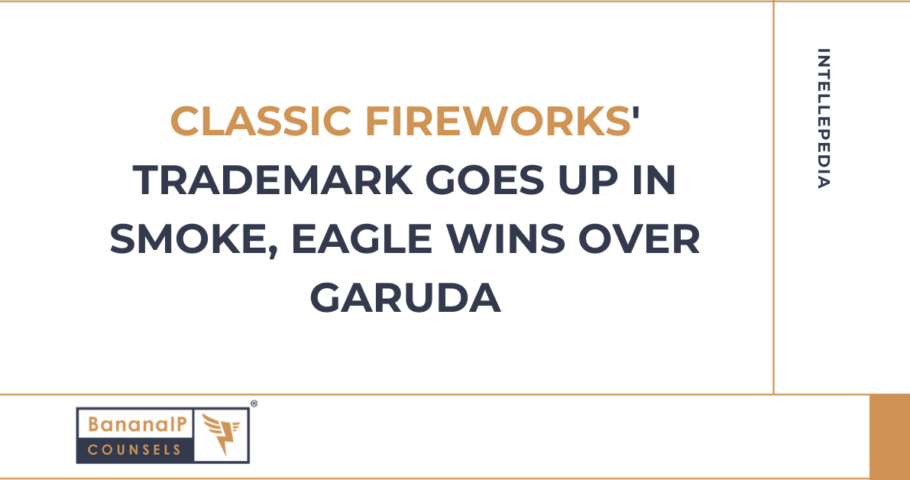This is a weekly news update on Copyright and Entertainment Law.
Punjab and Haryana High Court mandates license for playing music at wedding functions
In a recent decision, the High Court of Punjab and Haryana quashed a notice issued by the Registrar of Copyrights, which stated that the utilisation of any sound recordings in the course of religious ceremonies, including marriages, would not require any license to be taken, or any royalties to be paid. The impugned notice was issued in light of Section 52(1)(za) of the Copyright Act 1957, which considered the usage of copyrighted works in conjunction with religious functions as “fair use”, and therefore, the notice stated that such usage of sound recordings did not amount to copyright infringement. The High Court observed that marriage in itself is different from the functions connected with marriage, and therefore, the prevalent tariff scheme would be applicable to performance of sound recordings at these functions connected to marriage, even though there was a religious undertone to the same.
Exchange22 awarded relief in copyright infringement suit
India’s first stock-exchange modelled fantasy sports game ‘Exchange22’ has recently been awarded favourable order by the Delhi High Court, in its ongoing copyright tussle with another game ‘MyFab11’. The suit was initiated by Hulum Entertainment Pvt. Ltd., the developer of Exchange22, upon discovering the launch of the mobile game ‘MyFab11’. The plaint alleged that MyFab11 had copied the gaming interface, the entire layout of Exchange22, the front-end gaming analytics, as well as Exchange22’s advertisements and promotional content. The Delhi High Court passed an ex parte injunction order against MyFab11, restraining the app from being downloaded by users through MyFab11s website, app, or any other means, and further ordered all app stores to de-list the infringing application.
Section 63 of Copyright Act declared as a cognizable and non-bailable offence
The Honourable Supreme Court in a recent order has declared that the offence of copyright infringement as under Section 63 of the Copyright Act 1957 is a cognizable and non-bailable offence. The Supreme Court, referring to Part II of the First Schedule of the Code of Criminal Procedure (Cr.P.C.) 1973, noted that any offence punishable with imprisonment for 3 years and upwards, and not beyond 7 seven years, is cognizable and non-bailable. The punishment prescribed under the Copyright Act 1957 states that copyright infringement may be punishable with imprisonment for a term extending from 6 months, up to 3 years, along with fine. Therefore, as the offence may also be punishable with imprisonment for 3 years, the condition under Part II of the First Schedule of the Cr.P.C. is satisfied, and the offence of copyright infringement was therefore held to be a cognizable and non-bailable offence.
Pinterest emerges victorious in copyright infringement suit
In a recent decision by the United States District Court for the Northern District of California, hobby-sharing social media platform, Pinterest, was found not guilty of committing copyright infringement, in a lawsuit filed by a New Jersey-based photographer Harold Davis. The Plaintiff alleged Pinterest of committing copyright infringement, as “pins” featuring his copyrighted photographs were featured on the Pinterest application alongside other pins featuring paid advertisements. Further, he also alleged that Pinterest was earning significant revenue by featuring his images in e-mail and push notifications to its other users. The Court ruled that Pinterest had in no way profited from the usage of the Plaintiff’s images, and was sufficiently protected by the safe harbour principles contained in the Digital Millennium Copyright Act of the US, which safeguards intermediaries and platforms from claims of copyright infringement.
Authored and compiled by Varun Gopala Krishnan (Associate, BananaIP Counsels)
This Copyright and Entertainment Law News Bulletin is brought to you by the Copyright and Trademark Division of BananaIP Counsels, a Top ranked IP Firm in India. BananaIP Counsels’ trademark attorneys are among the leading experts in the field. If you have any questions, or need any clarifications, please write to contact@ with the subject: Copyright News.
The weekly intellectual property law news initiative is a part of their pro bono work and is aimed at spreading awareness about intellectual property and allied laws. You are free to share the news with appropriate attribution and link back to the source.
Disclaimer:
Please note that the news bulletin has been put together from different sources, primary and secondary, and BananaIP’s reporters may not have verified all the news published in the bulletin. You may write to contact@bananaip.com for corrections and take down.



